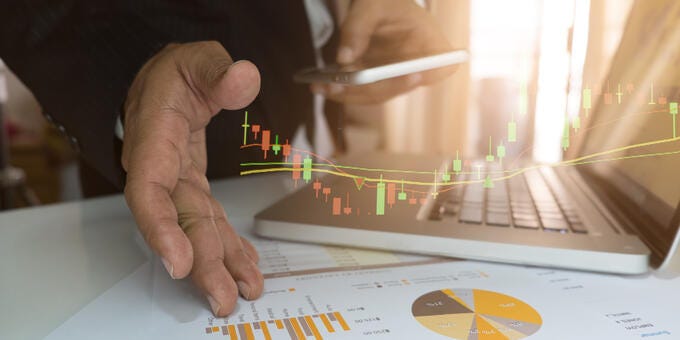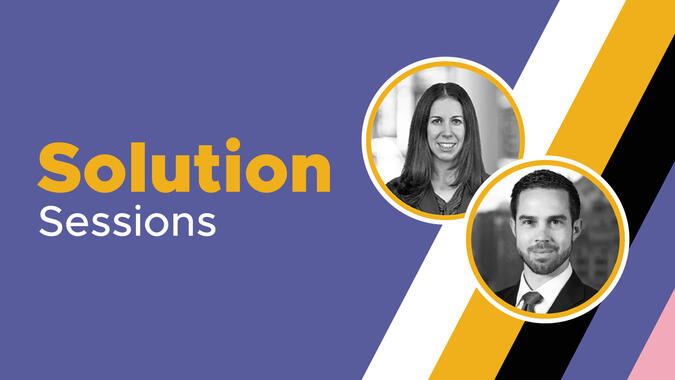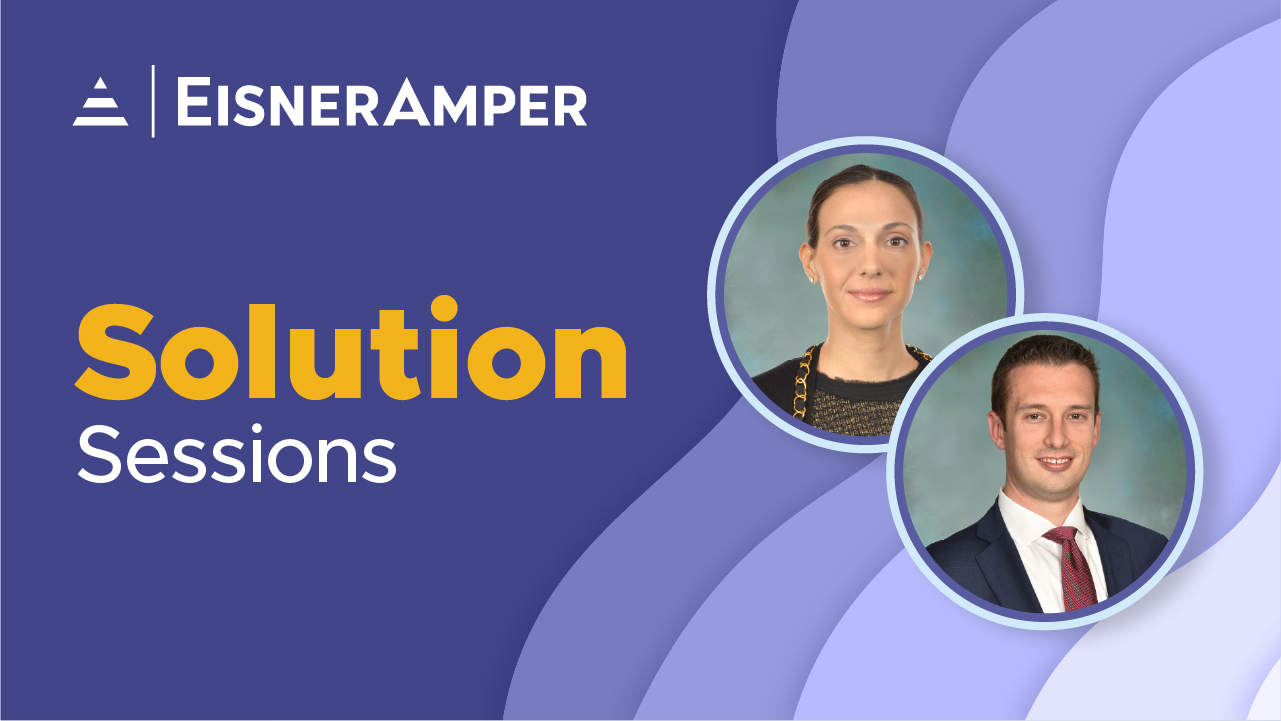
Top 3 Ways Your Company Can Prepare for IFRS Standards S1 and S2
- Published
- Jul 5, 2023
- Share
The S1 and S2 standards recently developed by the International Sustainability Standards Board (ISSB) outline new requirements for the disclosure of sustainability-related financial information. The standards were first opened for comments in March 2022, and they are expected to be released on June 26, 2023 and implemented in 2024. This article provides a brief description of the standards and details the top three ways that your company can prepare to meet them.
What are IFRS S1 and S2?
IFRS S1 and S2 are standards developed by the ISSB for sustainability-related disclosures. IFRS S1, General Requirements for Disclosure of Sustainability-related Financial Information, includes information such as material sustainability-related risks and opportunities and a company’s strategy to address them. IFRS S2, Climate-related Disclosures, requires companies to disclose their climate-related physical and transition risks as well as their climate-related opportunities. Similar to S1, S2 requires information on a company’s strategy to address these climate-related risks and opportunities, including the metrics and targets used to track them. S2 is also aligned with the framework of the Task Force on Climate-Related Financial Disclosures (TCFD), which emphasizes governance, strategy, risk management, and metrics and targets. While there are differences between S2 and TCFD, most of the information from one can be leveraged for the other.
Who do the standards apply to?
The applicability of IFRS S1 and S2 depends on the type and listing location of a company. The following table describes the applicability of three main categories of companies:
| Company type | IFRS S1 and S2 |
|---|---|
| U.S. domestic public companies | Not mandatory, but align with upcoming SEC Climate-Related Disclosures Rule |
| U.S. companies listed in the U.K. and U.K. domestic public companies | Mandatory |
| U.S. subsidiaries of E.U. public companies | Mandatory |
E.U. domestic public companies |
Mandatory |
Companies currently reporting financials under IFRS |
Mandatory |
How can you prepare for IFRS S1 and S2?
1. Review the Sustainability Accounting Standards Board (SASB) Standards.
The ISSB’s SASB Standards outline sustainability disclosure standards for 77 unique industries. Your company may review the standards which apply to your industry and identify the metrics that are most material to you. This will aid you in meeting the disclosure requirements of IFRS S1. In addition, you may review additional materials such as the Climate Disclosure Standards Board (CDSB) and TCFD frameworks in order to further prepare for disclosure.
2. Assess your current sustainability practices and reporting.
Assess the current state of your sustainability activities, including sustainability-related policies and procedures that you may already have in place. You may also identify the sustainability-related risks and opportunities that you have already identified and disclosed in your financial reports as well as the business practices your company already undertakes that may fit into the S1 and S2 standards. You can also begin to assess your existing internal systems and controls for the collection, aggregation, and validation of sustainability data across your company. An evaluation of these processes will help you identify what systems for data collection and reporting you already have in place and what gaps you need to fill. If your organization is not directly required to report under S1 and S2, determine if your organization is in the value chain of entities who are required to report as they may request similar information.
3. Integrate ESG and sustainability into board decisions.
Beginning to discuss ESG and sustainability reporting with your board and making it a priority on your board’s agenda will allow you to prepare for the upcoming disclosure requirements. This may include creating an ESG committee or having dedicated personnel to work on sustainability matters. By having leadership actively tackle these issues, you can develop buy-in from all levels of staff, making it easier to collect and disclose your sustainability information. You can also begin to integrate governance measures that address sustainability-related risks and opportunities. By beginning to include ESG and sustainability into your board’s agenda now, you can prepare your company to meet disclosure requirements when the time comes.
Conclusion
This article has detailed the upcoming IFRS S1 and S2 standards which are expected to be put into effect later this year. It has also listed three strategies that your company can use to help you prepare to meet the disclosure requirements when they are implemented.
What's on Your Mind?
Start a conversation with Lourenco
Receive the latest business insights, analysis, and perspectives from EisnerAmper professionals.









